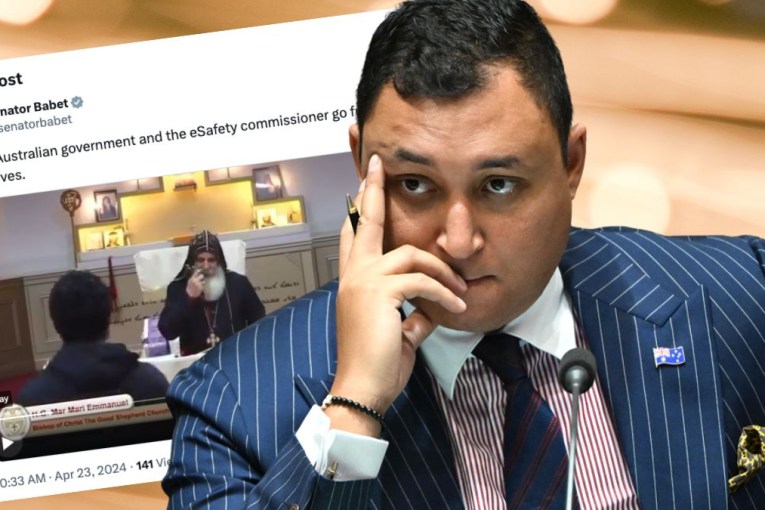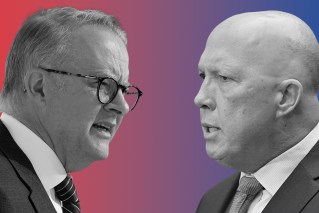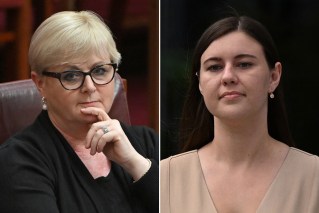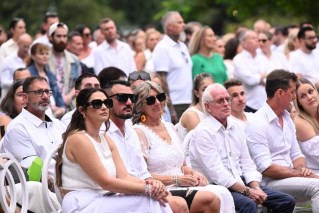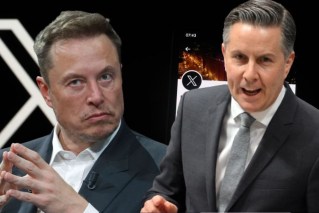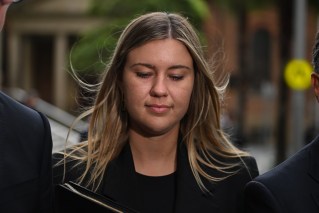Labor’s political donations ‘pop-up witch-hunt’

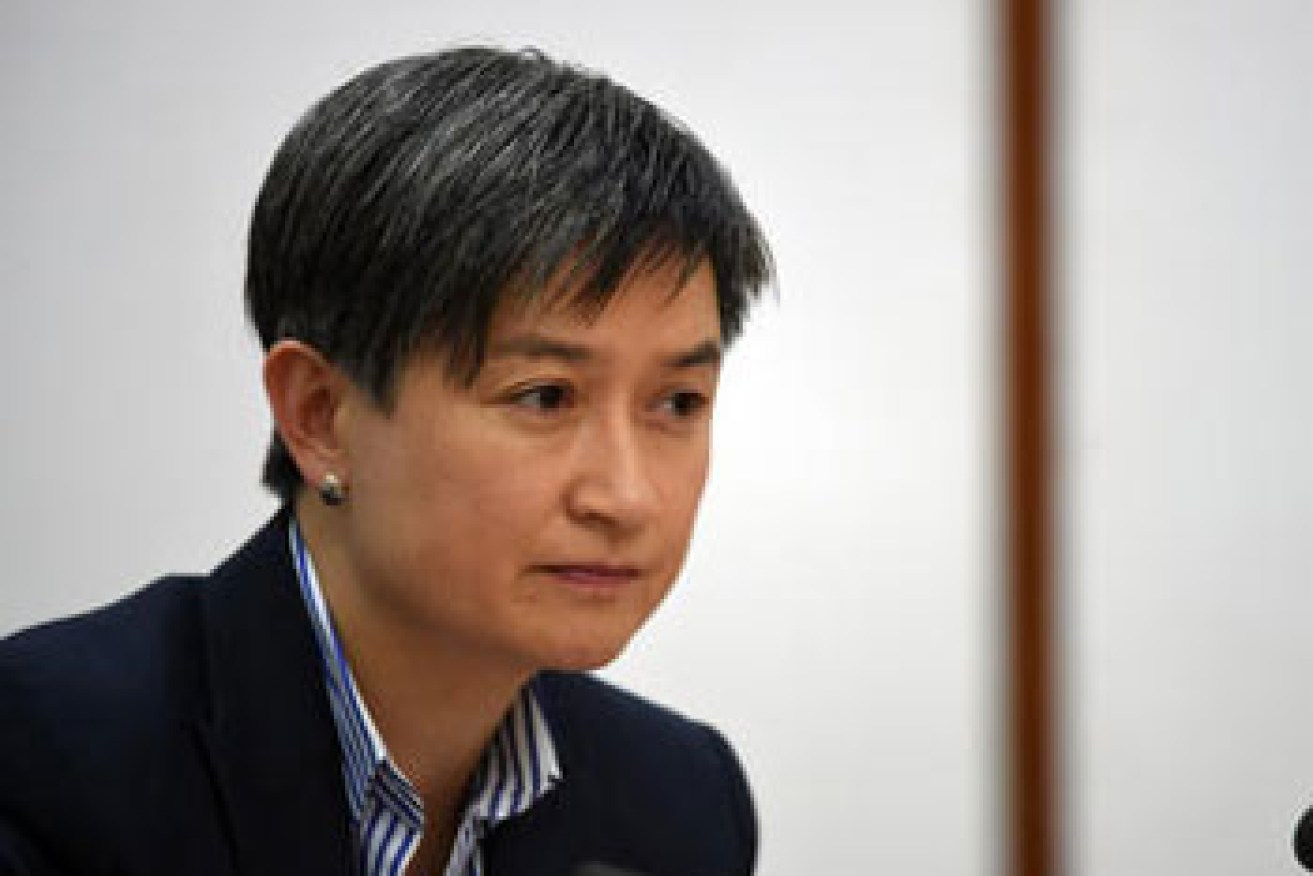
Penny Wong: 'The legislation will pass, and probably today'. Photo: AAP Photo: AAP
As we reported recently, the Labor Opposition planned to make life difficult for the Turnbull government last week, with two pop-up Senate inquiries.
The more prominent of the two inquisitions had the lofty ambition of snatching the scalp of senior minister, Arthur Sinodinos, by getting the Cabinet Secretary to implicate himself over the Liberal Party’s allegedly nefarious fund-raising activities.
Senate inquiries are the means by which the parliament’s upper house scrutinises the government on behalf of the voting public, but the system is also abused by political parties and independent MPs keen to promote their own pet projects or wreak vengeance on a political enemy.
• Refugee who set himself on fire, dies
• Kidman deal ‘contrary to national interest’
• Nurofen’s maker fined $1.7m
The inquiry focussed on Senator Sinodinos was ostensibly an investigation of the laws that govern the “associated entities” that donate money to political parties. According to the Australian Electoral Commission, which gave evidence to the inquiry, there are 190 such entities.

It was hard to tell how money changed hands when it was funnelled through third-party organisations. Photo: Getty
The vast bulk of them are unions, but there are also anonymous sounding companies such as the Cormack Foundation, which has been collecting and donations for the Liberal Party since 1989, Bunori, which is also associated with the Liberal Party, the Progressive Business Association, which channels funds for the Labor Party, as does The 1973 Foundation.
Parties say they use these entities because their donors “want privacy”, but in reality these front companies make it just that more difficult to find out who’s donating to which party, and how much they’re giving.
This secrecy provides a fertile environment for dodgy dealings; if the public doesn’t know who the donors are, they won’t realise when deals are being done in return for the money.
The other problem with these entities is that donor’s funds can’t be tracked. This is the issue for Senator Sinodinos, who was Treasurer of the NSW Liberal Party when it received funds from another funding body, The Free Enterprise Foundation (FEF).
NSW takes a stand aginst FEF
The NSW Electoral Commission has taken issue with the FEF “donation”, given it can (and does) accept donations from property developers, which is prohibited in NSW.
It’s not hard to see how the state body for overseeing elections and political fundraising would be concerned the FEF had essentially laundered the prohibited funds so that they could be funnelled into the NSW Liberals.

Penny Wong is among Senators looking into disclosure of political donations. Photo: AAP
A key political question is whether Senator Sinodinos knew the money from FEF could be tainted. If it could be proven that he did know, it would be the end of his political career.
Labor was not prepared to wait for the final report of the NSW Independent Commission Against Corruption, which also looked at this issue, to rule on Senator’s Sinodinos’ guilt or otherwise. Instead, the Opposition established this week’s Senate inquiry to make the most of the cloud hanging over the cabinet minister’s head.
Senator Sinodinos could have turned up to deny any knowledge of the wrong-doing, but Labor would have accused him of evading the truth. The minister chose instead not to attend, reminding Labor that a minister in the Rudd years had also refused to be subjected to a Senate committee witch-hunt.
Labor no more committed to donation reform
He also pointed out that if Labor were serious about reform of the political donation system, they should probably give the public more than a few days to make submissions, and allocate more than a single day to hearing evidence.
This is because the Senator knows Labor is no more interested in donation reform than they claim the Liberals are.
The most prominent example is Labor Leader Bill Shorten, who was caught out not having declared a $40,000 donation when giving evidence to the royal commission into unions. His oversight is unlikely to be the only one made by the Labor camp.
This is borne out in the numbers provided by the head of the Australian Electoral Commission this week. The Electoral Commissioner told the inquiry that in the past three financial years there have been 80 amendments from political parties, 36 amendments from associated entities, 92 amendments from donors and six amendments from third parties to their political donation declarations.

Bill Shorten was caught out on donations he did not declare. Photo: AAP
The AEC also undertook 38 reviews in its 2015 compliance program, and in 2014 referred 10 candidates from the 2013 federal election to the Commonwealth Director of Public Prosecutions for not meeting their disclosure obligations.
Parties must lead reform
Most tellingly, the Electoral Commissioner placed responsibility for the lack of donation reform on both the major parties. He reminded his interrogator, Labor’s Senator Wong, that the AEC had provided options for improving the system to the previous Labor government, including 17 options designed to strengthen donation laws. He noted that “none of those options were ultimately legislated either in the life of the last parliament or in this one”.
There is no doubt that political donations need to be reformed, but Labor’s pop-up witch-hunt this week was never going to be a credible or effective way to achieve it.
The Opposition would have better luck supporting the Greens proposed legislation on donation reform that is before yet another Senate committee. And if Labor really wants to be taken seriously on flushing out any corrupt behaviour due to dodgy donations, they should probably reverse their opposition to a national version of NSW’s ICAC.
